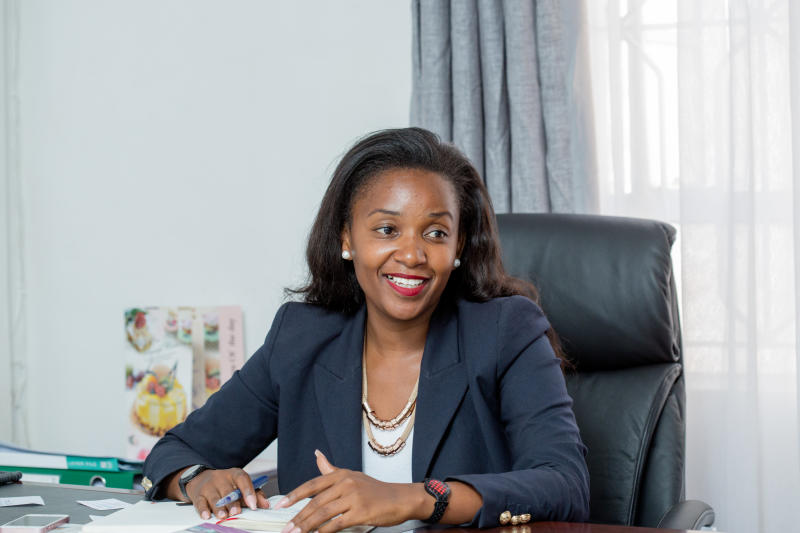×
The Standard e-Paper
Kenya’s Boldest Voice

Anne Nyaga (pictured), the Chief Administrative Secretary (CAS) at the Ministry of Agriculture sits on the seventh floor of Kilimo House in Nairobi. At any one time, she has around her a bunch of handlers; including a bodyguard and a personal assistant.